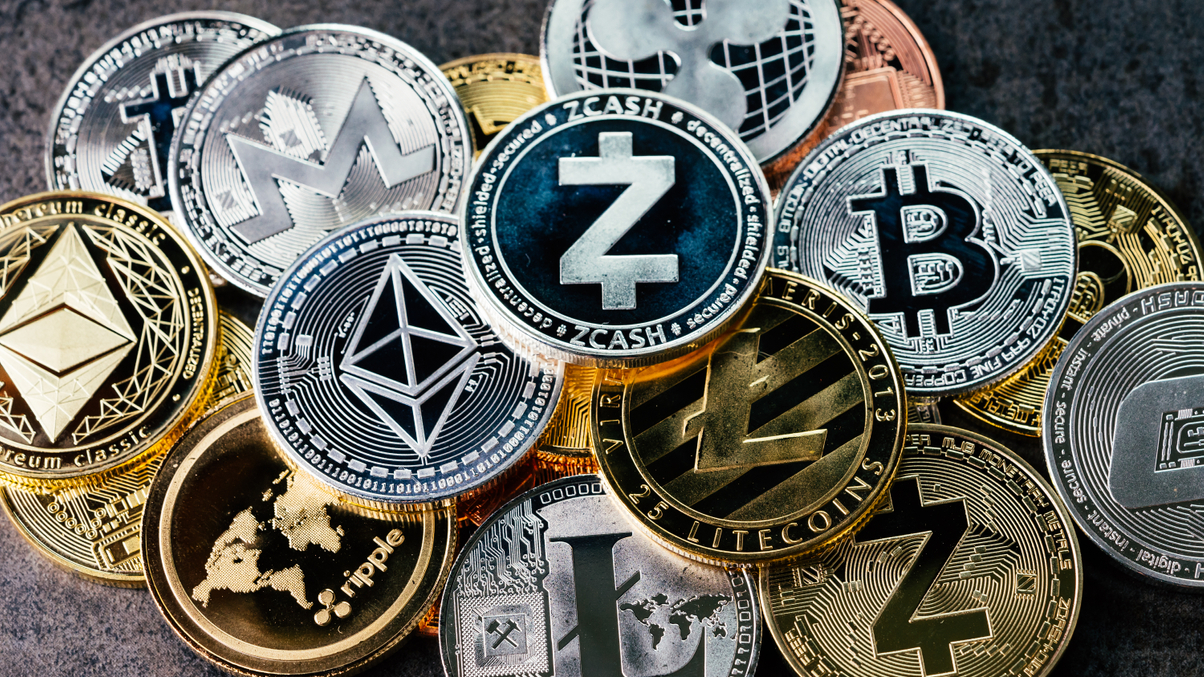Investors call for 'appropriate regulation' of crypto market
If investing in crypto assets continues to be problematic, the market will have to face much stricter regulation, say some market participants.

The cryptocurrency market must face the reality of appropriate regulation if it is to evolve as an alternative financial ecosystem. That is the view of some crypto investors that AsianInvestor has spoken to since the Terra/Luna stablecurrency collapse.
Sign in to read on!
Registered users get 2 free articles in 30 days.
Subscribers have full unlimited access to AsianInvestor
Not signed up? New users get 2 free articles per month, plus a 7-day unlimited free trial.
¬ Haymarket Media Limited. All rights reserved.


